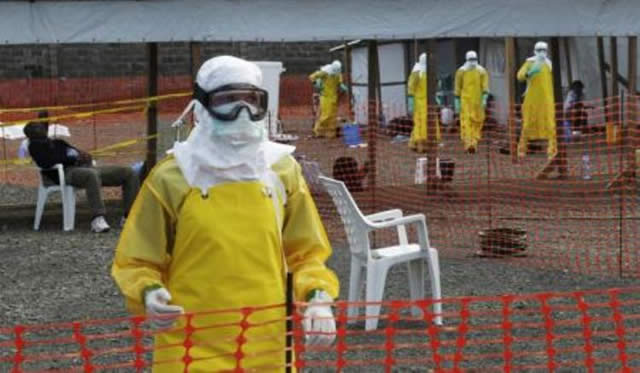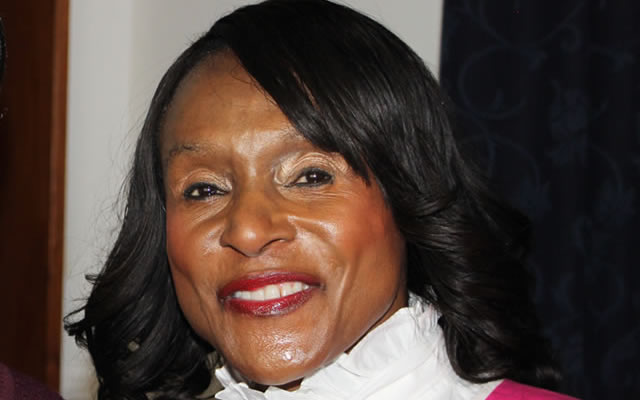Scientists grapple with Ebola vaccine ethics

 London — Normally it takes years to prove a new vaccine is both safe and effective before it can be used in the field. But with hundreds of people dying a day in the worst ever outbreak of Ebola, there is no time to wait. In an effort to save lives, health authorities are determined to roll out potential vaccines within months, dispensing with some of the usual testing, and raising unprecedented ethical and practical questions.
London — Normally it takes years to prove a new vaccine is both safe and effective before it can be used in the field. But with hundreds of people dying a day in the worst ever outbreak of Ebola, there is no time to wait. In an effort to save lives, health authorities are determined to roll out potential vaccines within months, dispensing with some of the usual testing, and raising unprecedented ethical and practical questions.
“Nobody knows yet how we will do it. There are lots of tough real-world deployment issues and nobody has the full answers yet,” said Adrian Hill, who is conducting safety trials on healthy volunteers of an experimental Ebola shot developed by GlaxoSmithKline.
Hill, a professor and director at the Jenner Institute at Britain’s University of Oxford, says that if his results show no adverse side-effects, GSK’s new shot could be used in people in West Africa by the end of this year.
Even if a drug is shown to be safe, it takes longer to prove it is effective — time that is simply not available when cases of Ebola infection are doubling every few weeks and projected by the World Health Organisation to reach 20,000 by November.
Among questions that scientists are grappling with: should an unproven vaccine be given to everybody, or just a few? Should it be offered to healthcare workers first? The young before the old? Should it be used first in Liberia where Ebola is spreading fastest, or Guinea where it is closer to being under control?
Should people be told to assume it will protect them from Ebola? Or should they take all the protective measures they would if they hadn’t been vaccinated? And if so, how will anyone know whether the vaccine works? GSK is one of several drug firms that have either started or announced plans for human trials of candidate Ebola vaccines. Others include Johnson & Johnson, NewLink, Inovio Pharmaceuticals and Profectus Biosciences. The WHO says it hopes to see small-scale use of the first experimental Ebola vaccines in the West Africa outbreak by January next year.
It has convened vaccine specialists, epidemiologists, pharmaceutical companies and ethicists, for a meeting yesterday and tomorrow to discuss the moral and practical issues. “Normally safety is the absolutely paramount thing when you’re developing a new vaccine, but this time we’re going to have to take more risks,” said Brian Greenwood, a professor at the London School of Hygiene and Tropical Medicine who will take part in the WHO-led meeting.
“Quite how we do that, and what risks we take, hasn’t really been thought through yet. That’s what people are trying to figure out.”
The chaos caused by the epidemic itself makes it even more difficult to deploy and track use of a new vaccine, said Hill. “You’re trying to do two things at the same time: you’re trying to evaluate a vaccine and deploy it — when normally you would evaluate the vaccine first, by doing a randomised double blind controlled trial, and then you’d deploy it if it was shown to be safe and effective.”
Because Ebola virus is so deadly, those who receive a trial vaccine must be told to take all other precautions and protect themselves fully.
This could make it harder for researchers to decipher whether the protective clothing and safety protocols, or the new vaccine, is what kept them safe. — AFP.












Comments